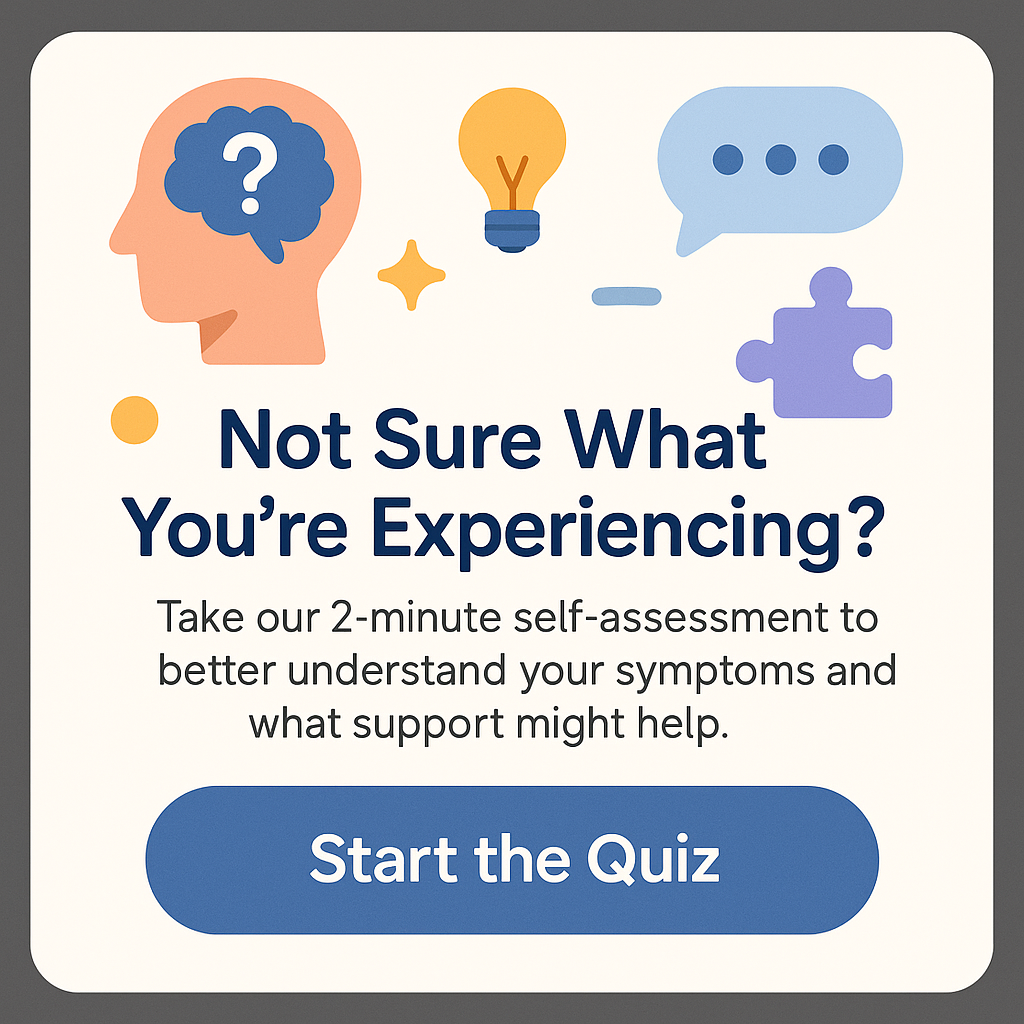Can someone with autism drive in Ontario?
Can someone with autism drive in Ontario? This question is often posed by individuals and families who want to understand the legalities and practicalities of driving with autism in the province. As awareness about autism spectrum disorder (ASD) grows, so too does the understanding of how individuals on the spectrum can engage with everyday activities, including driving. Autonomy behind the wheel can provide an incredible sense of freedom and independence for many individuals with autism, but it’s crucial to grasp the guidelines set by the Ministry of Transportation of Ontario (MTO). In this article, we will delve into the legal requirements, the driving assessment process, and the supports available to ensure safe driving for those on the autism spectrum.
Understanding Autism Spectrum Disorder and Driving
Before exploring whether someone with autism can drive in Ontario, it’s essential to understand what autism spectrum disorder is. Autism is a complex developmental condition that affects communication, behavior, and social interactions. Each individual with autism experiences the disorder differently, leading to a diverse range of skills and challenges.
Driving requires various cognitive and physical skills. These can include problem-solving abilities, quick decision-making, sensory processing, and spatial awareness. For some individuals with autism, challenges in these areas may raise concerns about their ability to drive safely. However, many individuals with autism can learn to drive, with appropriate instruction and support.
In Ontario, the drive to enhance accessibility for all individuals, including those with disabilities, aligns with the province’s commitment to inclusivity. The MTO acknowledges that many individuals with autism possess the capabilities to drive safely, provided they have received adequate training and support.
Legal Requirements for Driving with Autism in Ontario
So, can someone with autism drive in Ontario? The clear answer is yes, individuals with autism can obtain a driver’s license as long as they meet the requirements set by the MTO. In Ontario, the driving process consists of several steps, including a written test and road test. But what about the medical aspect?
While autism itself is not classified as a medical condition that disqualifies a person from driving, individuals may be required to complete a medical report if there are concerns about their physical or cognitive abilities. The MTO uses a medical review process to assess an individual’s fitness to drive based on various criteria. If an individual on the autism spectrum has other medical conditions that could impact their driving abilities, this may necessitate additional assessments.
During the medical review process, practitioners consider the individual’s specific strengths and weaknesses, their ability to operate a vehicle safely, and their overall functioning. Many individuals with autism may excel in understanding rules and routines, which can translate into responsible driving behaviors.
Another important aspect is the graduated licensing system in Ontario. This system allows new drivers to gradually develop their driving skills under less risky conditions. The system consists of three levels: G1, G2, and full G license. New drivers first obtain a G1 license, which requires passing a written test. After holding this license for at least a year, they can take a road test to obtain a G2 license. After another 12 months of safe driving, they may be eligible to take the full G license test.
The graduated licensing system, therefore, offers a supportive structure for individuals with autism as they learn to navigate the complexities of driving and road safety.
Driving Assessments and Supports
The next critical area for individuals with autism who are considering driving is the assessment and training process. Driving has unique challenges that require dedicated skills. Fortunately, specialized driving schools and occupational therapy services work directly with individuals who want to learn how to drive.
Many driving instructors receive training to understand how to communicate effectively with individuals on the autism spectrum. They adapt their teaching strategies to address various learning styles and sensory needs, ensuring that the instruction is tailored to the individual. This is often crucial for success on the road.
Moreover, driving assessments can help ensure that individuals are ready to drive. Many people do not realize that in Ontario, occupational therapists can conduct driving assessments specifically designed for individuals with cognitive and physical disabilities, including autism.
These assessments include both on-road evaluations and simulator testing, determining whether an individual can demonstrate the required skills to drive safely. If the assessment identifies areas for improvement, the individual can work on these skills with targeted support before attempting the driving test.
Occupational therapists can offer invaluable guidance, suggesting whether additional driving courses or alternative transportation methods may be advisable. They can also assist families in understanding how to support their loved ones in becoming comfortable behind the wheel.
Support Systems and Resources
When asking, “Can someone with autism drive in Ontario?”, it’s essential to recognize the support systems available for individuals embarking on the journey to becoming licensed drivers. Families, therapists, and advocacy groups can offer a wealth of resources to navigate this process effectively.
Ontario is home to several organizations that focus on support for individuals with autism and their families. These organizations often provide information about driving, including educational workshops and seminars about the requirements and best practices for learning to drive.
Support groups can also be a vital resource. They provide an opportunity for individuals to connect with others who are facing similar challenges. Networking with others can lead to the discovery of helpful resources, such as tailored driving programs or personal stories of successful driving experiences.
Furthermore, online platforms and forums can offer valuable perspectives from other caregivers and individuals on the spectrum who have navigated the driving process. Sharing experiences fosters a sense of community and can empower individuals with autism to pursue their goals of driving.
In addition to community support, the government of Ontario provides various programs for people with disabilities. These programs may include funding opportunities for assessment and training that can ease the financial burdens associated with learning to drive.
In summary, while the question “Can someone with autism drive in Ontario?” may come with initial concerns, the road ahead is more promising than many realize. With the right resources, assessments, and techniques, individuals with autism can achieve their dreams of driving independently.
Conclusion
Encouragingly, individuals with autism not only can drive in Ontario but also can thrive behind the wheel given the right conditions. Understanding the regulations, participating in assessments, and utilizing available supports can facilitate success in this endeavor. Driving provides a sense of freedom and independence crucial to the personal development of individuals on the autism spectrum.
Ultimately, the journey to driving requires patience, practice, and support. Each individual is unique, and their experiences will differ. However, with the right tools and encouragement, the open road is well within reach for those asking the question: “Can someone with autism drive in Ontario?” Embracing this journey entails recognizing each person’s strengths and finding meaningful ways to foster their driving skills.
FAQs
- Can individuals with autism drive in Ontario? Yes, many individuals with autism can learn to drive in Ontario as long as they meet the requirements set by the MTO.
- Are there any special considerations for driving with autism? Yes, individuals may need to undergo a medical review if there are concerns about their abilities to drive safely.
- What kind of training can help an individual with autism learn to drive? Specialized driving schools and occupational therapy services can help individuals develop their driving skills in a supportive environment.
- What should families know about supporting loved ones with autism in learning to drive? Families can help by encouraging safe driving practices, seeking appropriate resources, and providing emotional support throughout the learning process.
- Are there resources in Ontario for individuals with autism who want to drive? Yes, numerous organizations, community groups, and the government of Ontario offer support and resources for individuals with disabilities, including autism.
How do I get tested for autism in Ontario?







